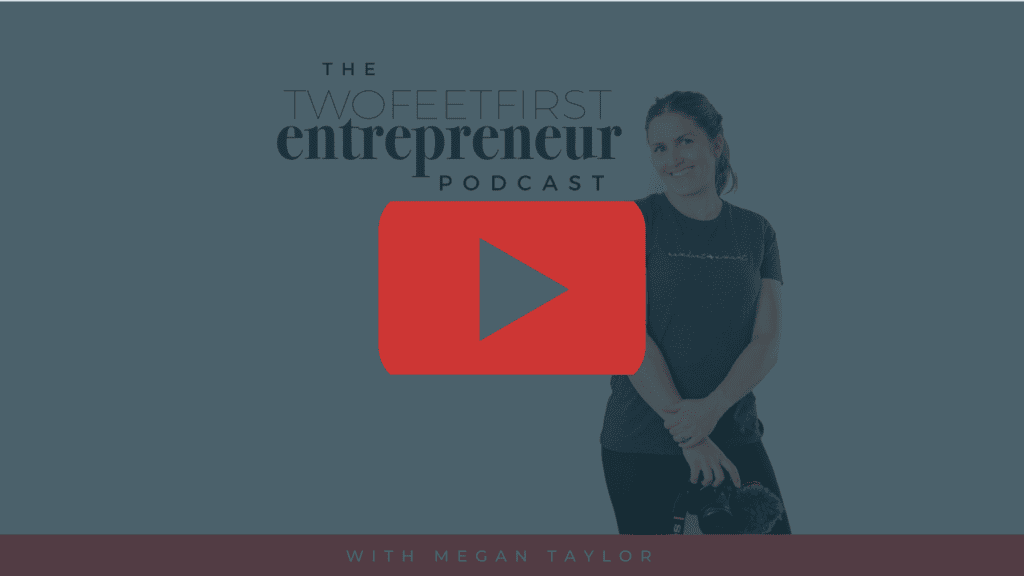We all play different roles at some point in our lives.
Which one is your favorite?
Is it the busy entrepreneur who fearlessly takes on all new projects, even if their task list is already a mile long?
Or the parent who notices their child’s missteps and instantly reprimands them (as in, yelling like a sergeant to a new batch of trainees)?
How about the one where you’re explaining to your partner how to take out the garbage, replace the liner, AND secure the bin outside, so the raccoons don’t move in?
Don’t deny it; we’re all guilty of being some version of these personas.
And we find ourselves playing those frustrating parts over and over, thinking it’s the only way to live.
Recently, Stefani, Austin, and I had a chat about Arbinger’s book, a sweet guide to achieving a quiet mind, known as “Anatomy of Peace.”
If you’re a fan of the earlier books (Leadership and Self-Deception; The Outward Mindset), you’ll feel right at home here.
And if you’re new to the series, listen to today’s podcast to learn why these books make so much sense to us.
Anatomy of Peace walks you through the challenges of Lou and Carol in relation to each other and their children.
It breaks down in detail the four boxes that we often find ourselves trapped in:
- Better-Than
- I-Deserve
- Must-Be-Seen-As
- Worse-Than
When another person is angry, in distress, or showing any negative emotion, it affects us too.
But it’s not always empathy we feel.
Our emotions and responses often match which box(es) we are in.
But no matter which box we fit, there are lessons we can all learn:
- It’s normal to want to help someone, but in some cases, it’s perfectly fine to take no action in that moment.
- Your view of how you communicate with others may not match how it’s perceived by the other person – often, you only find this out by asking the other person directly.
- It’s more effective to let people learn through experience and their own problem-solving instead of telling them how to do something.
- You can break free of the ‘collusion cycle’ where you and the other person unknowingly enable each other to stay in the box
- Keeping the blame out of the discussion keeps the focus on the problem rather than you or the other person.
- Your understanding changes drastically when you put yourself in someone else’s situation, acknowledging their struggles and seeing their actions more clearly.
This is the type of book you can apply to your business and personal life. We share many of our experiences that reinforced the lessons above.
As you listen, think about difficult circumstances in your own life where you could overlay some of these principles and change them in a positive way.
Disclosure: This article contains some affiliate links or referral links for your convenience. It is a way for this site to earn advertising commissions by advertising or linking to certain products and/or services, click here to read my full disclosure policy.
Books:
Watch the episode live on YouTube

Enjoy this episode?
If you enjoyed this, the best way to show your appreciation is by taking a few minutes to subscribe, leave a rating, and review the podcast. This helps the podcast reach more entrepreneurs – just like you – so we all can enhance our businesses and reach our dreams. You can do that on Apple Podcast right now by clicking here. Or if you’re an Android user, you can follow the podcast on Spotify, Google Podcast, or Amazon Music. Thank you so much for being here!






